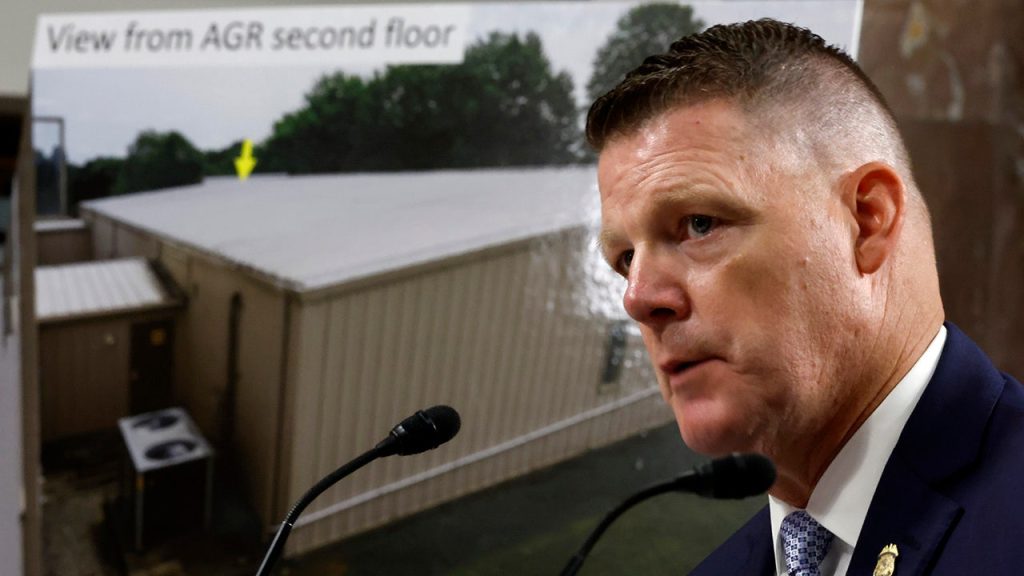Republican Missouri Senator Josh Hawley received information from a whistleblower that Acting Secret Service Director Ronald Rowe Jr. ordered cuts to the Counter Surveillance Division (CSD), leading to a failure in the threat assessment team’s typical duties prior to a rally in Butler, Pennsylvania. The Secret Service CSD, responsible for assessing threats at event sites before they occur, did not conduct an evaluation before the rally on July 13, raising concerns about security. The whistleblower claimed that if the CSD had performed their usual duties, the gunman, Thomas Matthew Crooks, would have been apprehended before the incident.
Senator Hawley’s letter to Rowe highlighted the whistleblower’s allegations that if the CSD had been present at the rally, the gunman would have been handcuffed in the parking lot after being spotted with a rangefinder. The whistleblower also accused Rowe of personally directing significant cuts to the CSD, reducing the division’s manpower by up to twenty percent. Hawley expressed concern that this information was not disclosed during Rowe’s Senate testimony when questioned about the reduction in staffing levels. The whistleblower also claimed that there was a cultural issue within the organization where individuals who raised security concerns faced retaliation.
The whistleblower further alleged that following an event with former President Trump at a golf tournament in August of the previous year, Secret Service personnel expressed serious concerns about the use of local law enforcement for security needs. They claimed that local law enforcement was not properly trained or prepared for the event and that certain individuals were allowed entry without proper vetting. The whistleblower asserted that those who raised such concerns were subjected to retaliation within the Secret Service, indicating a lack of accountability and appropriate responses to security risks within the organization.
In response to the whistleblower’s allegations and Senator Hawley’s inquiries, a Secret Service spokesperson stated that they would address the requests through official channels, acknowledging the importance of oversight and accountability in ensuring the safety and security of events involving high-profile individuals. The timeline of events leading up to the rally in Butler, Pennsylvania, revealed that approximately 90 minutes passed from when law enforcement officials first identified a suspicious person near the rally grounds to the moment a sniper spotted Crooks, the gunman, just twenty minutes before gunfire erupted. This information underscores the potential gaps in threat assessment and security measures that may have contributed to the incident.
The revelations from the whistleblower and Senator Hawley’s report shed light on the implications of staffing cuts and cultural issues within the Secret Service, particularly regarding threat assessment and security protocols at high-profile events. The failure of the Counter Surveillance Division to conduct a threat assessment before the rally in Butler, Pennsylvania, raised concerns about the effectiveness of security measures in place. The allegations of retaliation against individuals who raised security concerns also point to a broader issue of accountability and transparency within the organization. Moving forward, it will be crucial for the Secret Service to address these issues and implement necessary reforms to prevent similar security failures in the future.


